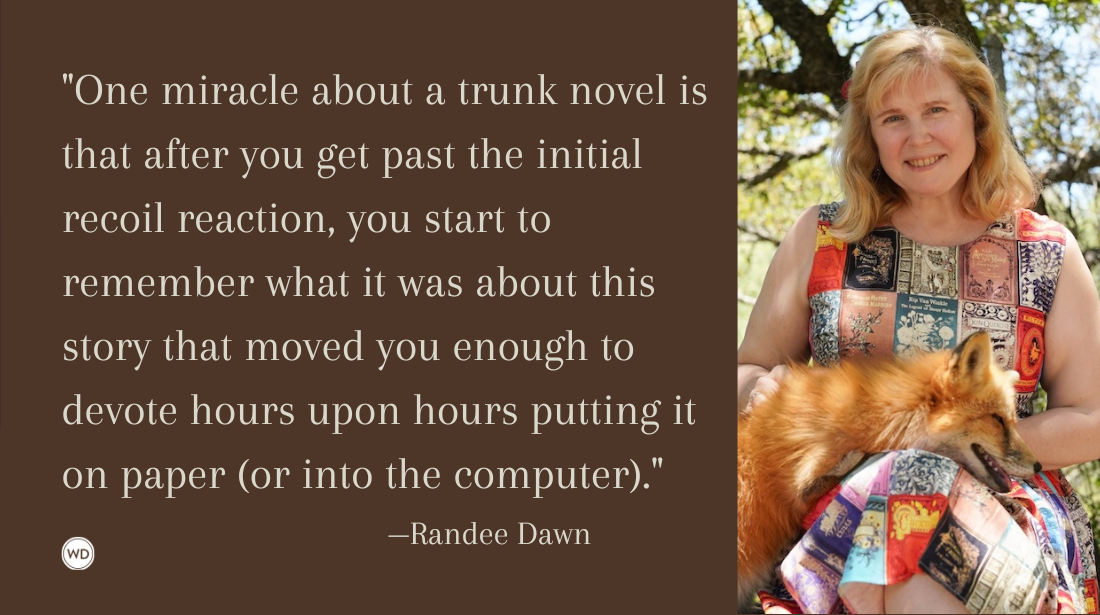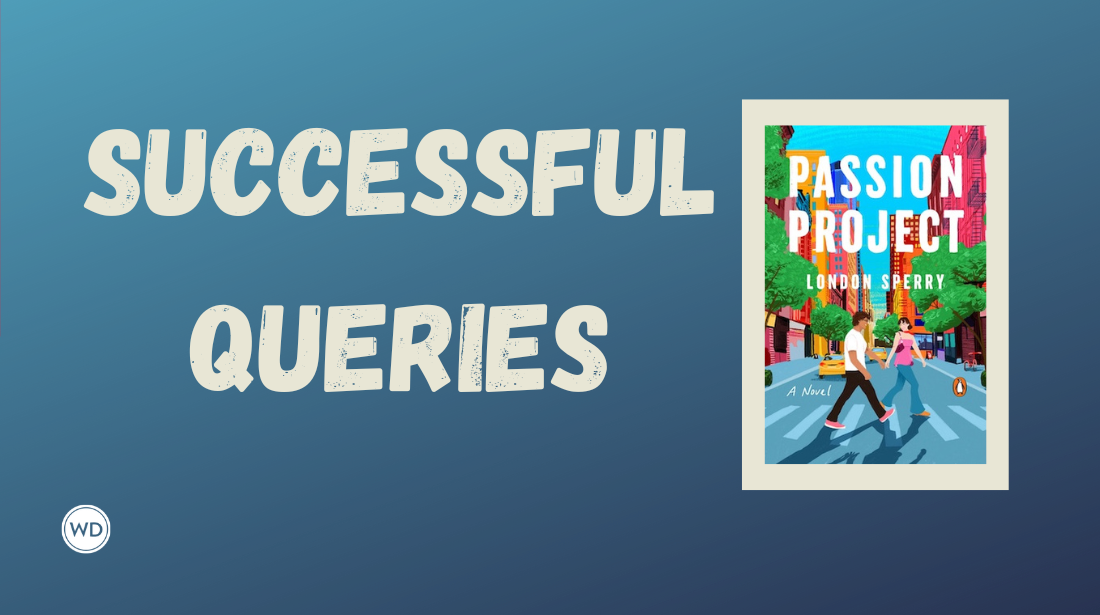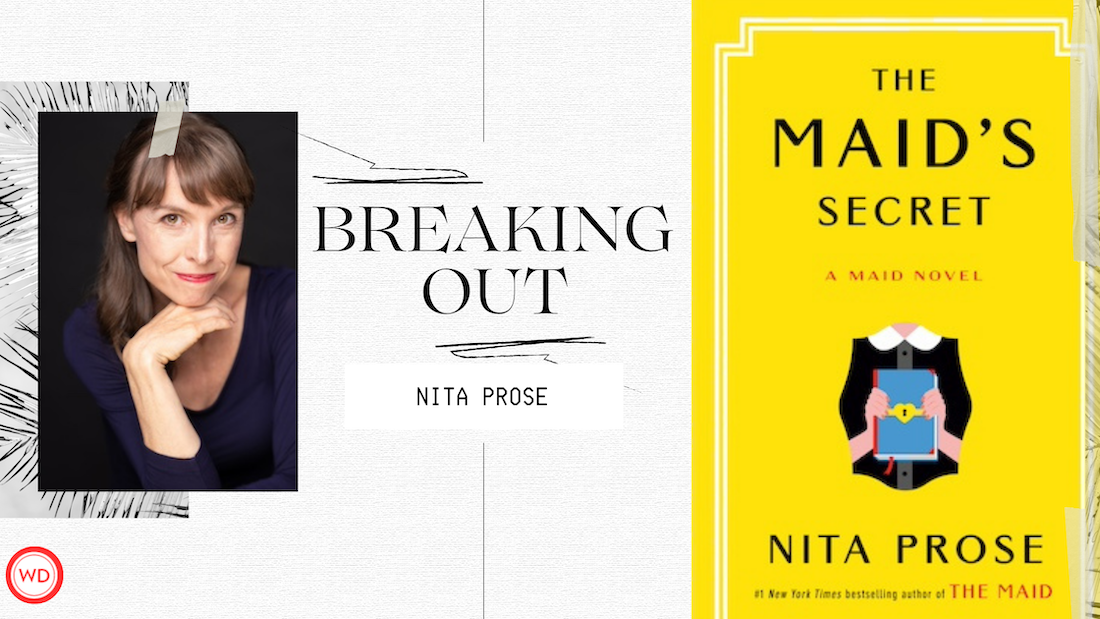6 Secrets for Freelance Writers to Craft Better Pitches
Editor Robert Lee Brewer shares six secrets for freelance writers to craft better pitches, inspired by a recent experience critiquing query letters from aspiring freelancers and finding some common trouble areas to avoid.
Recently I had the opportunity to critique some query letters intended for magazine editors as part of our first ever nonfiction writing virtual conference. While many of them were fairly good, there were some interesting similarities as far as things that could be improved.
For instance, most of the writers knew to address their letters to a specific editor and even mentioned something they admired about the publication. But then, things went in different directions for each freelancer.
So here are a few secrets to better pitches for freelance writers to apply to their queries aimed at editors of magazines, online publications, and other freelance markets.
Secret #1: Make a clear pitch.
One common problem with the queries I critiqued is that the pitch wasn't clear. That is, I wasn't sure if I was being pitched a full-length article, a column series, a profile, an interview, a list of tips, or so on.
A made up example: A writer explains that 25% of Americans deal with heart disease at some point in their life. The problem for most of them is too much meat, dairy, and refined sugar consumption.
This is an eye-opening (and made up) fact, which gets my attention as an editor. But there's no actual pitch. Does the writer want to write an article on this topic? Do they want to interview doctors? Patients with heart disease? Do they want to cover this epidemic to get people discussing the issues? Do they want to share tips on how to avoid or improve heart disease through diet?
These are the questions I have as an editor that the writer does not address. And so, it's very likely that I'll pass on the query and find an expert in the field to cover this topic (if I feel it's worth covering).
Secret #2: Provide a title for your piece.
This secret comes with another secret: Your proposed title will probably be changed or altered before your piece is published. So why include a title? Because it helps me as an editor to visualize what you're trying to write.
In other words, this is one piece that can help clarify what it is that you're pitching to the editor. If you include a title like "8 Ways to Avoid Heart Disease," then I have a good understanding of what you're pitching my magazine or website. Conversely, a title like "Are You Eating Your Way to a Heart Attack?" paints a different picture for how the same subject will be approached.
Remember: A good title in a nonfiction query is one that clearly communicates what will be discussed.
Secret #3: Share a proposed word count.
Again, the word count could be altered by the editor, but it's good to give them an idea of what you're thinking. After all, there's a big difference between 300 words and 5,000 words, especially in print. As with including a title, this helps an editor visualize what the piece might look like.
Plus, providing a proposed word count helps an editor understand how well the freelancer researched their magazine or website. If most pieces in the magazine, for instance, are 1,000 to 1,200 words and you pitch a 7,500-word feature, then the editor will likely frown upon the query.
Secret #4: Tell the editor where to put it.
And by "it," I mean "the proposed article." Does it belong in a certain section of the magazine or the website? If so, include that in your pitch.
Repeating myself, I know, but the editor may see your piece fitting in a different section than you suggest. But suggesting a section helps the editor visualize the piece and where it might fit. Plus, it lets the editor know you did your research.
Secret #5: Connect the article to the readers.
One question that constantly runs through an editor's head is something along the lines of, "So what?" Or, "Why does this matter?" That's especially true when an editor is considering pitches from freelance writers. So make it easy for editors by connecting how your article will impact the readers of their magazine or website.
There are a few ways to accomplish this:
- Share an interesting fact.
- Drop a mind-blowing statistic.
- Present a problem and deliver the solution.
- Tell an interesting (and relevant) story.
Editors are often good at connecting the dots when it comes to articles and their audience, but don't make assumptions. Connect those dots for the editor, and you'll improve your chances at getting the assignment.
Secret #6: Explain why you should write the piece.
In many cases, the reason why you should write the piece is that it's your idea. But you can't just say, "Finders keepers." Instead, paint a picture about why you're the one to write the piece.
If you're writing a piece on heart disease, then maybe you're a doctor or nurse (or a patient or relative of a patient). If you're writing a piece on parenting, then maybe you're a psychologist or parent (or have parents).
Of course, it's also possible you've already published pieces dealing with this topic, which is a great thing to emphasize. But if you don't have a relevant connection other than your interest, just briefly say (in one concise sentence) that you're obsessed with this subject and would love to write it for the editor.
Whatever you do, don't be humble here and give the editor reasons why you should not write the piece. If you're inexperienced, don't say you're inexperienced. And don't make things up or get hyperbolic. Get in, get out, thank the editor for their consideration.
And then, get working on the next pitch.
Robert Lee Brewer is Senior Editor of Writer's Digest, which includes managing the content on WritersDigest.com and programming virtual conferences. He's the author of 40 Plot Twist Prompts for Writers: Writing Ideas for Bending Stories in New Directions, The Complete Guide of Poetic Forms: 100+ Poetic Form Definitions and Examples for Poets, Poem-a-Day: 365 Poetry Writing Prompts for a Year of Poeming, and more. Also, he's the editor of Writer's Market, Poet's Market, and Guide to Literary Agents. Follow him on Twitter @robertleebrewer.








